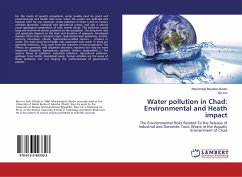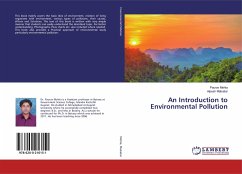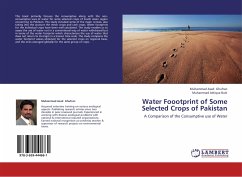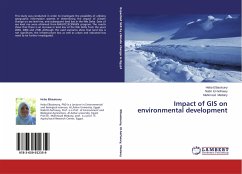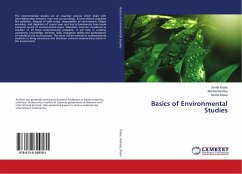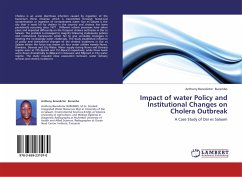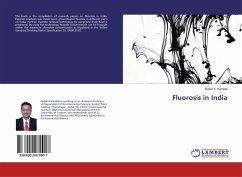For the needs of aquatic ecosystems, water quality must be good and environmental and health risks occur when the waters are polluted and become unfit for use. However, water pollution in Chad is due to human activities (domestic, industrial and agricultural waste), and also a natural cause (geological composition of soils, animal dung). This pollution causes long and short-term serious problems to the ecosystem. The long-term risks and symptoms depend on the dose and duration of exposure. Developed diseases often have a chemical origin: lead-related lead poisoning, arsenic, mercury, chromium, nitrate, hydrocarbon-related cancers ... present in water. The main short-term health risks associated with water in Chad are generally infectious. They come from the presence of microorganisms. The effects are generally mild (digestive disorders, mycoses) but may be more important (hepatitis, leptospirosis, typhoid, cholera, legionellosis...). The various forms of pollution, industrial pollution, agricultural pollution, garbage, fecal matter, biomedical waste, human activities are the cause of these problems, but not forging the ineffectiveness of government policies.
Bitte wählen Sie Ihr Anliegen aus.
Rechnungen
Retourenschein anfordern
Bestellstatus
Storno

